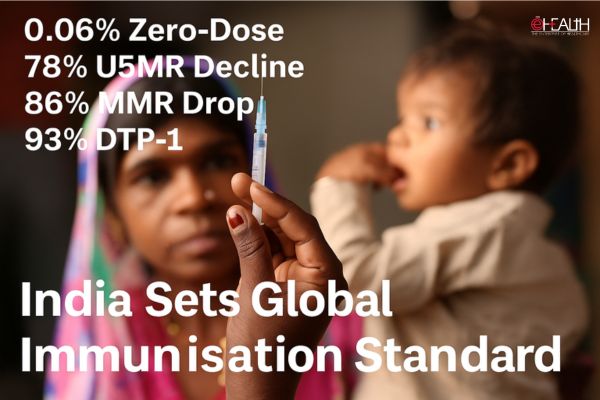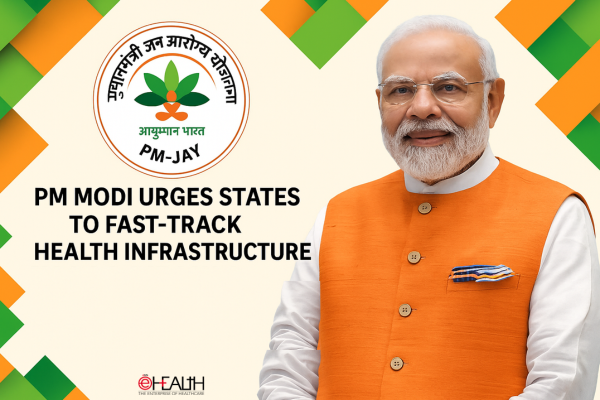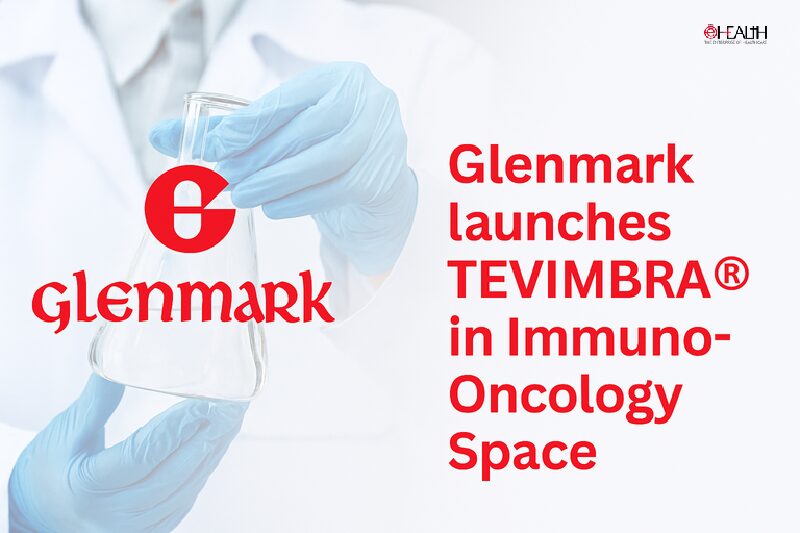European Commission Gives a Fillip to Colon and Breast Cancer Diagnostics

The much talked about Colon and Breast Cancer Diagnostics (COBRED) project has received a whooping grant of EUR 2.9 million from the European Commission. The COBRED Project, which has been funded under the Sixth Framework Programme (FP6), endeavours to find new biomarkers for colon cancer and breast cancer. This project has the potential to herald new discoveries in cancer diagnostics.

COBRED aims at discovering colon cancer and breast cancer biomarkers for patient follow-up (monitoring markers) by exploiting the capacity of 3 state-of-the-art high-throughput technologies in an integrated systems biology approach. This project has a time span of three years. One of the goals of the project is to identify biomarker candidates (metabolites, proteins, PBL derived mRNAs) capable to detect and assess the status of minimal residual disease, metastases, and recurrence after surgery and chemotherapy. Designing a clinical protocol for prospective clinical breast cancer and colon cancer collections that fit the needs of the 3 high-throughput screening technologies used- transcriptomics, proteomics and metabolomics- is another important goal of the project.

Developing a centralized database to integrate the data generated by the 3 technology platforms with the anatomo-clinical information of the clinical collections; discovering biomarkers with better specificity and sensitivity using across-platform advanced data mining techniques on the combined data from the consolidated database; and validating the biological relevance and diagnostic potential of the identified biomarkers by testing their specificity on tissue arrays and in relevant preclinical models are some of the other goals of this project.

After three years, COBRED aims to deliver a set of biomarker/diagnostic candidates, verified in preclinical studies, ready for large-scale clinical validation and further development for commercialisation. Furthermore, COBRED will seek to demonstrate the potential of exploring data from different high-throughput technologies and clinical profiles with advanced data mining technologies for enhanced biomarker discovery. The project has nine partners. They are Biosystems International, France, Biocrates, Austria, Ipsogen, France, Institut Curie, France, Institut Gustave-Roussy, France, University of Debrecen, Hungary, University of Innsbruck, Austria, University of Tartu, Estonia and ARTTIC SA, France. 
Telemedicine Can Account for Huge Savings in the UK’s Health Costs
A six-month pilot of cardiac telemedicine services within Cumbria & Lancashire of the UK has showcased the potential to save 90,000 accident and emergency(A&E) visits, 45,000 hospital admissions and hundreds of lives each year, in England. All these amounts to a great deal of savings in terms of healthcare costs. The pilot study showed how electrocardiogram (ECG) tests could be used to drastically reduce treatment times and healthcare costs for patients, afflicted with chest pains and heart problems.
The pilot’s results have also estimated that the minimum savings to the NHS from use of telemedical ECG tests are amounting to
Be a part of Elets Collaborative Initiatives. Join Us for Upcoming Events and explore business opportunities. Like us on Facebook , connect with us on LinkedIn and follow us on Twitter , Instagram.
"Exciting news! Elets technomedia is now on WhatsApp Channels Subscribe today by clicking the link and stay updated with the latest insights!" Click here!
















